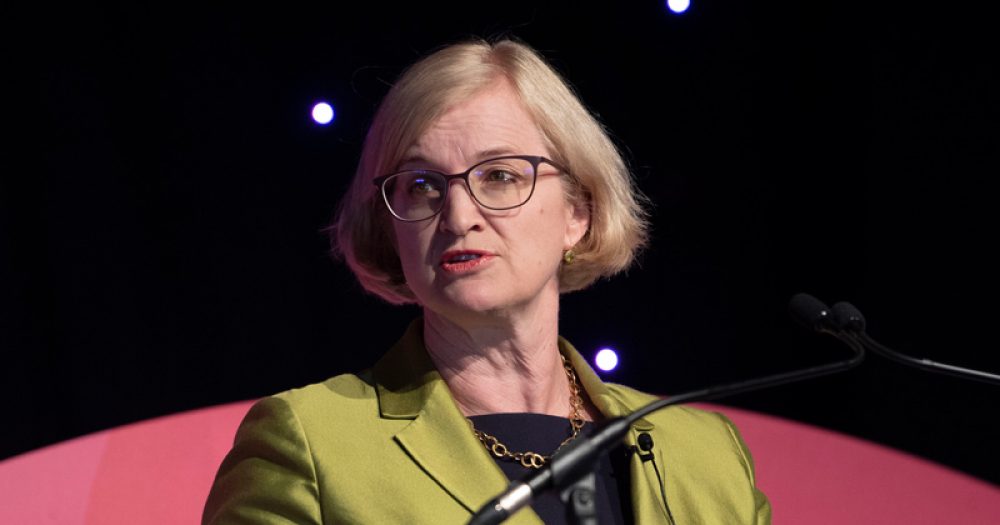The chief inspector of schools has backed calls for a shake-up of how exclusions are reported in national data, branding the current system “extremely unhelpful”.
Amanda Spielman told the parliamentary education committee this week that it is “completely extraordinary” that the reason given for almost one in five permanent exclusions in official Department for Education statistics is simply “other”.
Schools have a statutory duty to inform parents, governors and their local authority when they exclude a child, and give a reason for why the exclusion is made. However, national data is not as detailed.
According to the latest exclusions data, “other” was given by schools as the reason for 1,355 of the 7,720 permanent exclusions made in 2016-17, making it the second most common reason after “persistent disruptive behaviour”.
DfE guidance states “other” should be “used sparingly”, but Schools Week understands school administration staff may be resorting to the label because of a lack of communication from leaders about the reason for exclusions.
In response to Spielman’s comments, the department pointed to its ongoing review of exclusions, off-rolling and the quality of alternative provision by former minister Edward Timpson, which was supposed to report by the end of last year.
Labour MP James Frith, who raised the issue with Spielman on Tuesday, said he had met with Timpson to discuss the ‘other’ category issue, but warned ministers against “folding in” every concern about pupil movement into an already-wide-ranging review.
“In the gaps between the labels there are going to be individual stories of kids not quite getting the second chance they deserve and schools not doing enough to ensure they get that chance,” he told Schools Week.
Shaun Brown, from The Difference, a teacher training for the alternative provision sector, warned against relying on “accountability tweaks” to fix problems with children leaving school rolls.
“The dial is only going to shift if accountability is matched with support, and proper investment in spreading best practice in training for teachers and leaders,” he said.








Agreed Ms Spielman, ‘Persistent Disruption’ also needs further clarification
I find it difficult to believe that people would be so critical of what is after all, one of it’s most successful policies…….exclusions.
This policy is allowing schools to save a fortune on teaching SEN pupils by sacking teaching assistants and higher level teaching assistants at ever increasing rates.
If parents and pupils had a chance to tell their experiences with Exclusions, truths will be told.
When a student is at risk of a perminant exclusion and are given limited information as to why,rights taken away, no choice,
And forced into incorrect Alternitive education with no SEN support. Worst of all being branded as something they are not.. who does the parent turn to for support ?? A pupils education taken away, treated badly and lied to, what is that teaching a child!
But what about the child’s well being?
How can anything ever be done when no one listens to who it actually happens to!